
By Christabel Addo, GNA
Accra, Aug. 29, GNA - The Child Rights International (CRI), a non-governmental organisation, has tasked the National Communications Authority (NCA) to develop a software to limit the extent to which the public could access information, which made mockery of children.
It said the software could help track the sources and distribution of such photographs and videos often created and circulated by some individuals, either to create fun, or to mock children.
Mr Bright Kweku Appiah, the Executive Secretary of the Child Rights International, who threw the challenge to the NCA at a press conference in Accra on Tuesday, said his outfit, in its commitment to promote and protect the inherent dignity of every child, would not hesitate to sue the any individual or organisation that initiated or distributed images of children, intentionally or unintentionally, to mock them.
He said the CRI had observed in recent times how some adults filmed children while coaching them to use profane languages or, worse still, engage in sexual activities.
He said the trend where institutions such as schools indulged in similar activities of recording pupils who were either unable to read, recite the national anthem or the pledge, ridiculing their vulnerabilities and violating their dignity and integrity were against their rights.
Mr Appiah said it was unfortunate that in most of those cases some teachers, guardians and parents were found to be the worst culprits, and warned those groups to be mindful of the type of information they shared about their children, which made them more vulnerable, adding that such practices amounted to an act of criminality under the 1992 Constitution.
Although those videos may be funny, filming children and mocking them could have a lot of negative effects such as eroding their self-confidence, invasion of privacy and identity of children, subjecting them to ridicule leading to a total or partial withdrawal to share their ideas and opinions, especially in school.
“The right of children to an identity, privacy and dignity is core in the promotion of children’s rights. In view of that every conduct or attempt that derails the existence of these fundamental human rights affects the wellbeing of children,” he said.
He argued that Ghana had come a long way in putting legislations, policies and programmes in place to ensure the promotion and protection of children, citing the 1992 Constitution and the Children’s Act (Act 560), which sought to protect the interest of children, family cohesion and social interaction, with welfare principles charging institutions to respect the dignity of children.
Mr Appiah also cited Article 16 of the United Nation’s Convention on the Rights of Children, which stated that “no child shall be subjected to arbitrary or unlawful interference with his or her privacy, family, home or correspondence, nor to unlawful attacks on his or her honour and reputation”.
He urged the Ghana Police Service to conduct serious investigations when such videos were circulated on social media platforms such as Facebook, twitter, Instagram, blogs and WhatsApp in order to bring the perpetrators to book.
Mr Appiah encouraged parents to take interest in the kind of information their children accessed on social media in order to safeguard them from negative influences, and said the wellbeing of children should be in the best interest of everyone and stakeholders must work together to protect their rights.
GNA
Read Full Story



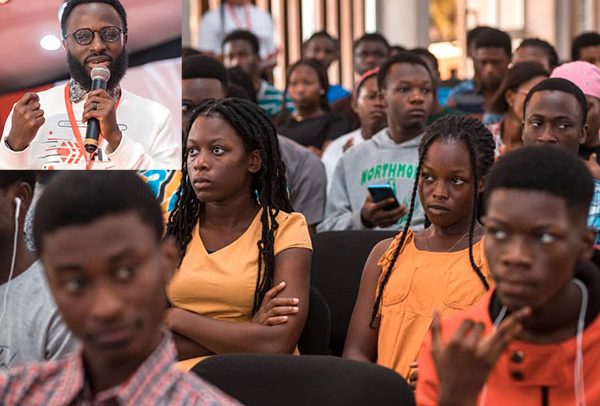
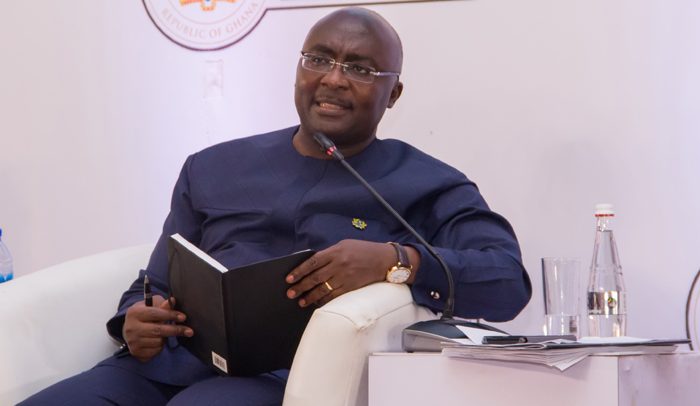
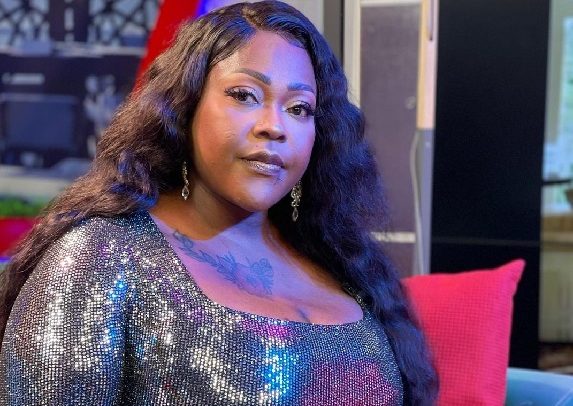







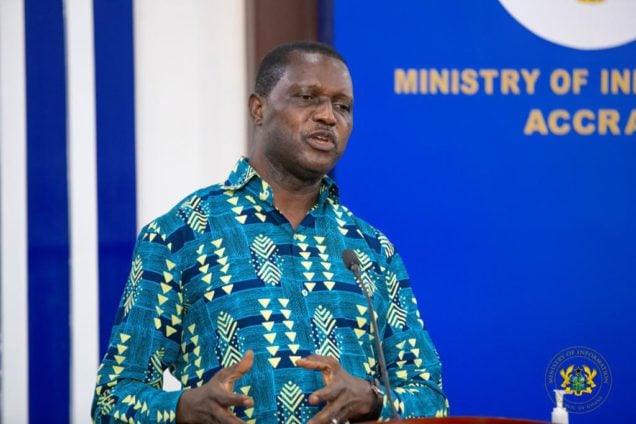

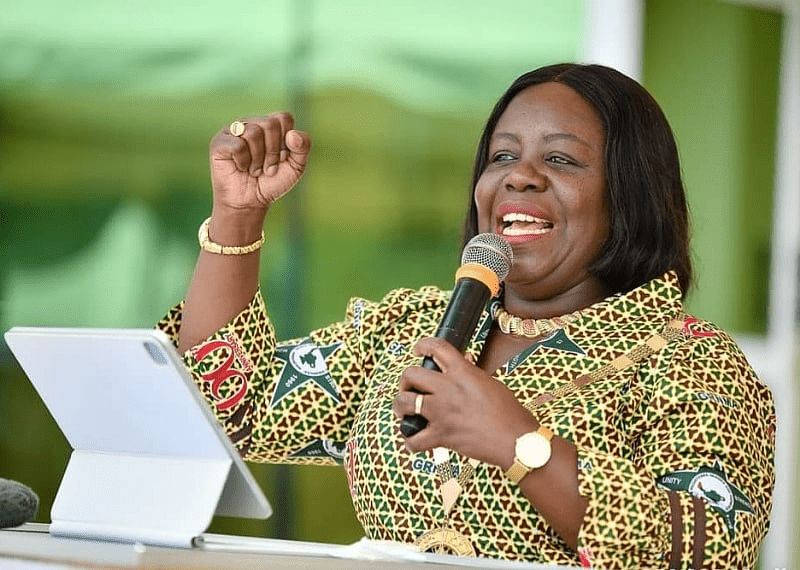




Facebook
Twitter
Pinterest
Instagram
Google+
YouTube
LinkedIn
RSS